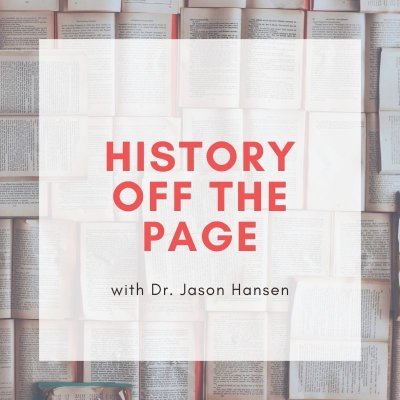This is a placeholder for your sticky navigation bar. It should not be visible.
“This original book brings a fascinating and accessible new account of the tumultuous history of sexuality in Europe from the waning of Victorianism to the collapse of Communism and the rise of European Islam…. the book investigates the shifting fortunes of marriage and prostitution, contraception and abortion, queer and straight existence. It analyzes sexual violence in war and peace, the promotion of sexual satisfaction in fascist and democratic societies, the role of eugenics and disability, the politicization and commercialization of sex, and processes of secularization and religious renewal.” (Amazon)
“Sex and the Weimar Republic examines the rise of sexual tolerance through the debates which surrounded “immoral” sexuality: obscenity, male homosexuality, lesbianism, transgender identity, heterosexual promiscuity, and prostitution. It follows the sexual politics of a swath of Weimar society ranging from sexologist Magnus Hirschfeld to Nazi stormtrooper Ernst Röhm. Tracing the connections between toleration and regulation, Marhoefer’s observations remain relevant to the politics of sexuality today.” (Amazon)


